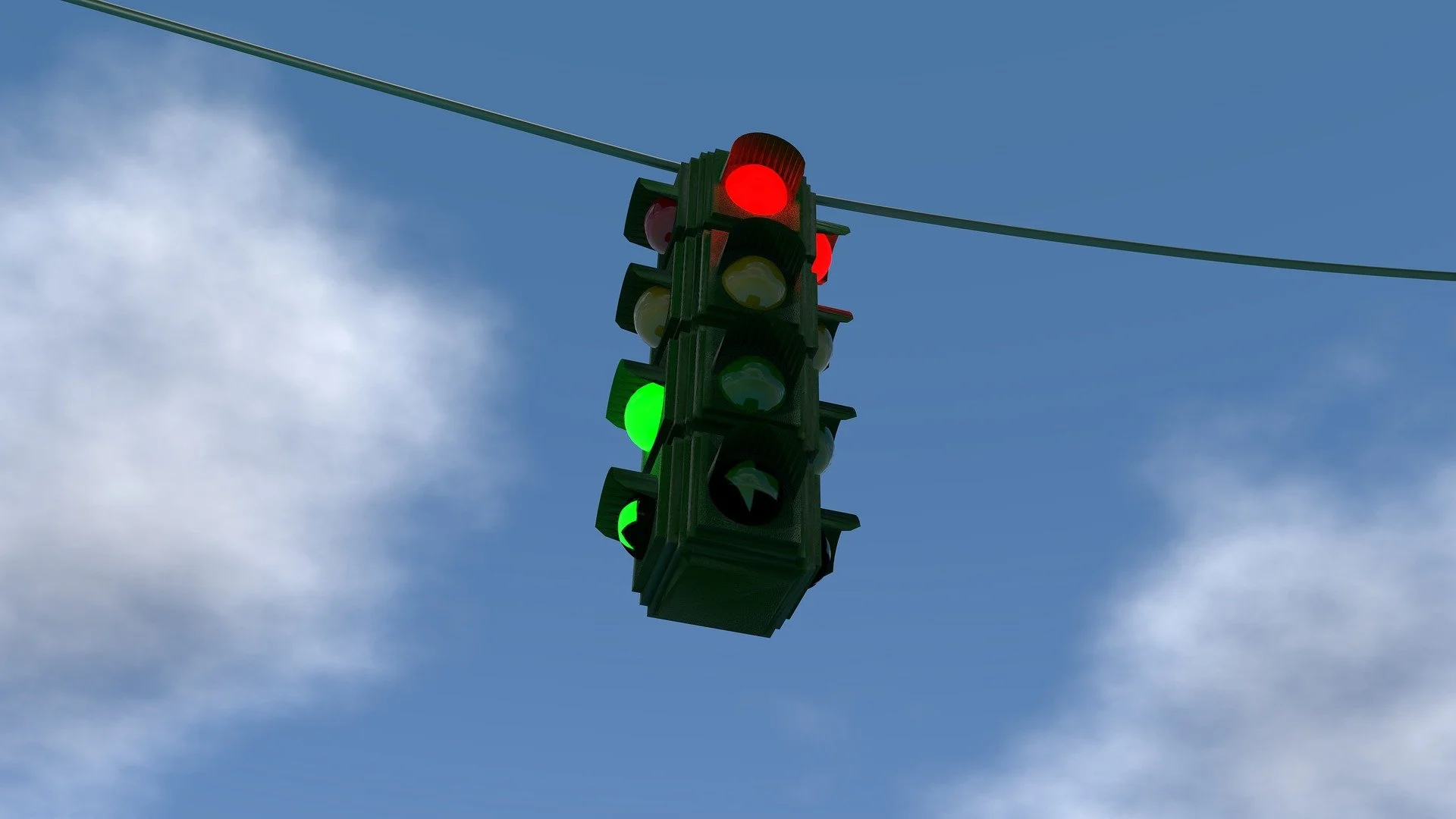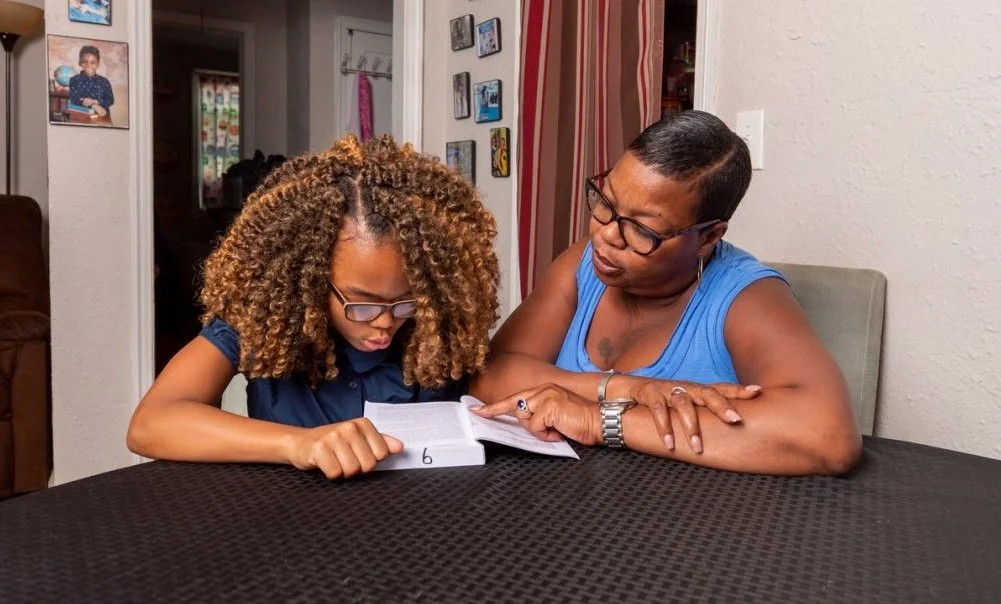Greenville, Pitt County schools urge N.C. Supreme Court to block red-light camera ruling
By CJ Staff
Greenville and the Pitt County school system are asking the N.C. Supreme Court to block a ruling throwing out the city's red-light camera enforcement program. The city and local school board filed paperwork Tuesday with the state's highest court.
The request would allow the red-light camera program to stay in place while the Supreme Court considers the case.
A unanimous three-judge panel of the N.C. Court of Appeals ruled March 15 in Fearrington v. City of Greenville that the city's red-light program is unconstitutional. Its funding arrangement fails to provide enough money to the Pitt schools, according to appellate judges.
"Pursuant to the authority granted by the General Assembly, the School Board and the City voluntarily entered into an inter-local agreement regarding the red-light camera program," according to the new court filing from Greenville and Pitt County schools. "The agreement provides that the fines collected from the red light camera program be paid over to the School Board. ... Those funds are not restricted and are placed in the Board’s Local Current Expense Fund."
The school board uses the money to pay for salaries, school supplies, and "myriad expenses," according to the brief. "One of these expenses is the Board’s monthly reimbursement of the City for costs incurred by the City in operating the red light camera program. Despite acknowledging that the City pays 100% of the red light camera fines to the School Board, Plaintiffs argue that Art. IX, § 7 is being violated because the School Board reimburses the City for the costs of the red light camera program."
Article IX, Section 7 of the state constitution deals with school funding. It includes the Fines and Forfeitures Clause, which says "clear proceeds of all penalties and forfeitures and of all fines" connected with violations of state law must go to schools.
"Specifically, Plaintiffs contend that the School Board is not keeping enough of the traffic fines collected," according to the brief. "That is, Plaintiffs have sued the School Board for not receiving enough money — a claim that the School Board opposes because, ironically, the solution to this purported violation may be to shut down the red light camera program so that the School Board receives nothing."
"In fact, according to Plaintiffs, the School Board and City should have to pay Plaintiffs (and the class they hope to represent) all of the fines previously collected by the City because the School Board did not receive enough of the fines."
The city and school board argue that motorists guilty of red-light violations have no right to sue in this case. "[T]he law is straightforward: A statute does not give rise to a private cause of action unless the General Assembly creates one," according to the court filing. "Here, the General Assembly has not created a private cause of action for disgruntled motorists to challenge the allocation of fines and forfeitures between a city and a board of education."
Greenville and Pitt County schools also accuse the Appeals Court of two additional "errors." First, appellate judges "overlooked the fact that the General Assembly specifically authorized the interlocal agreement at issue."
"[T]he law is clear that the General Assembly can direct how such fines and forfeitures are apportioned – which is exactly what the General Assembly did here," according to the brief.
The second error deals with the potential impact on funding for Pitt County schools.
"[T]he Court of Appeals simply misconstrues the entire purpose of the Fines and Forfeitures Clause, with a result that is contrary to both the plain intention of the Clause and every case that has been decided under this provision," the brief explained. "The idea that the Fines and Forfeitures Clause can be used to take money away from a board of education runs directly contrary to the entire purpose of Article IX, Section 7, and the jurisprudence developed under that Clause."
The Appeals Court questioned the funding scheme between Greenville and the local school system. Because the schools pay Greenville for red-light camera expenses, Pitt County schools end up with about 72% of the revenue from red-light fines. That number would need to top 90% to meet constitutional standards, according to appellate judges.
Since the Appeals Court ruling was unanimous, the Supreme Court faces no obligation to take the case.



